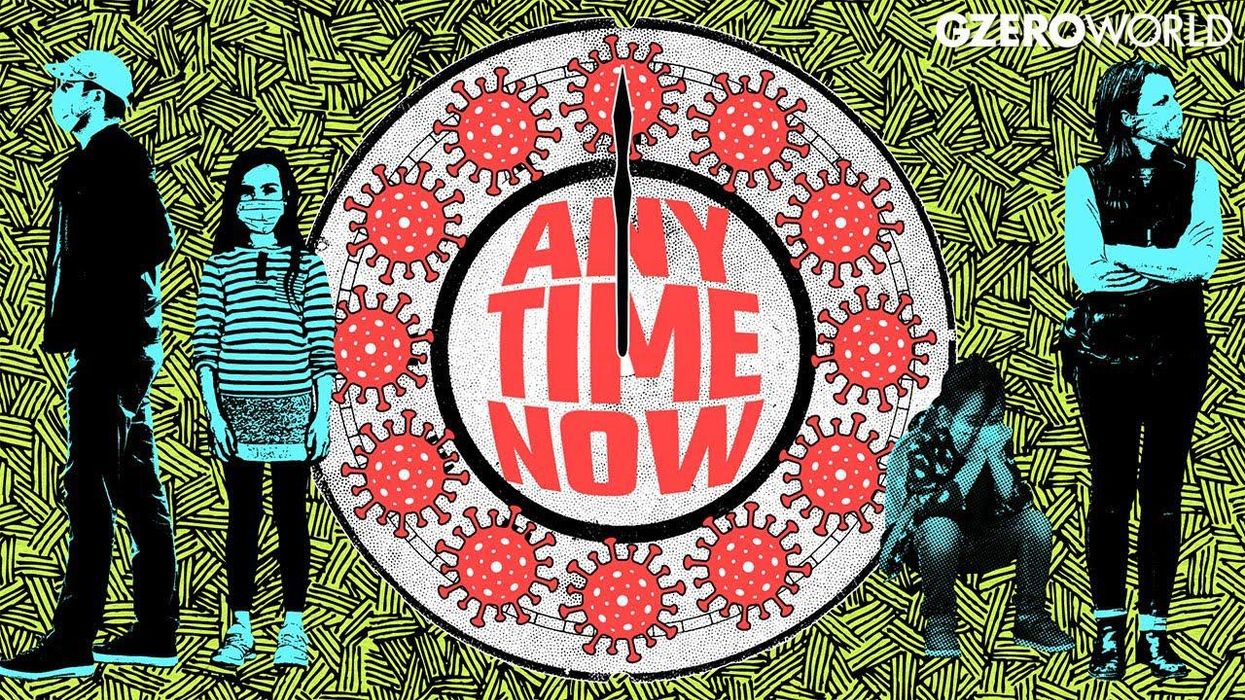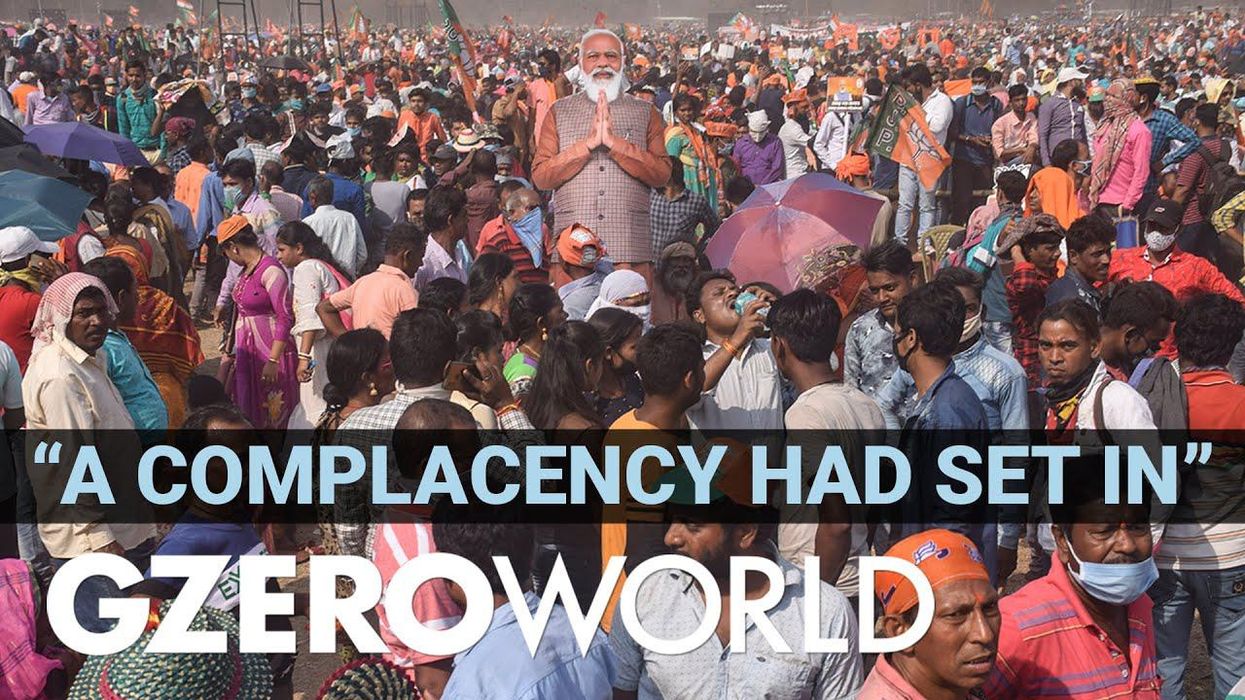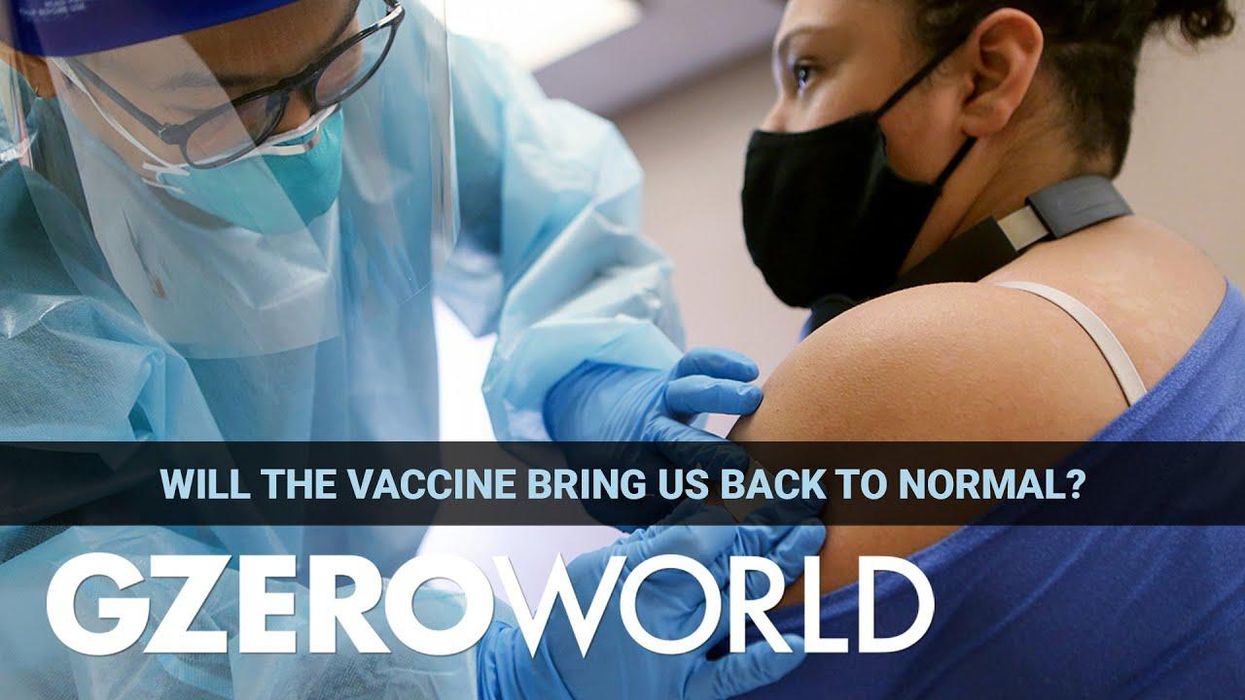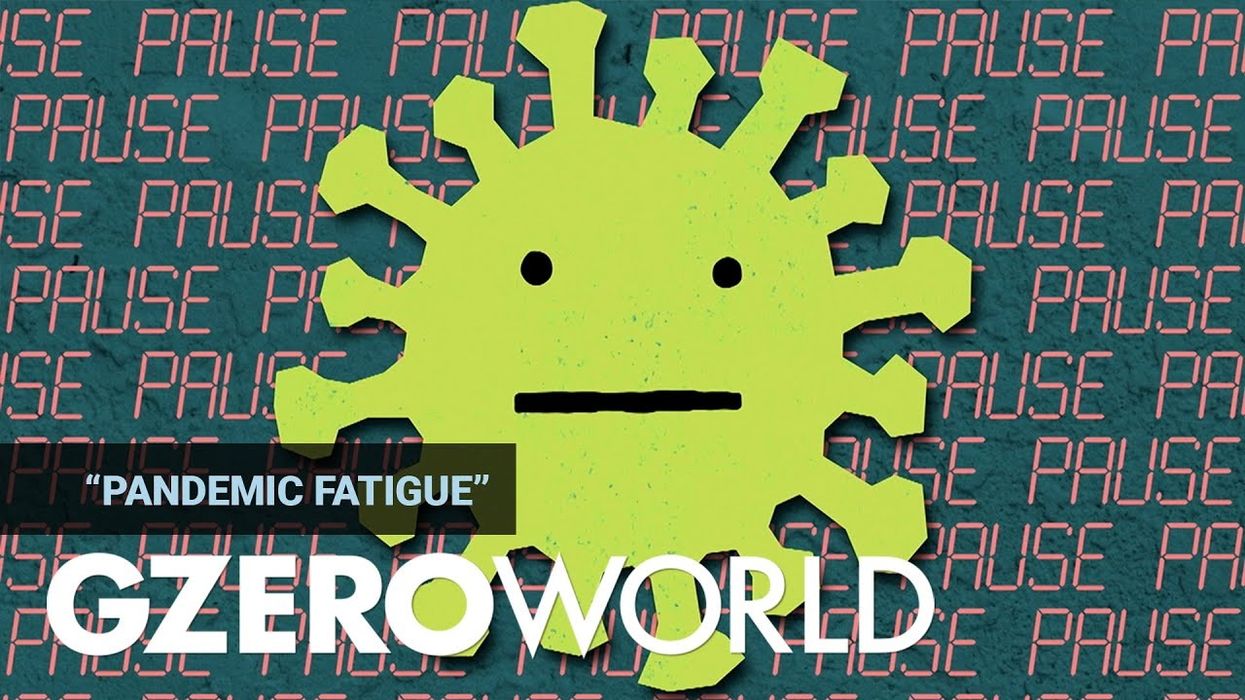GZERO World Clips
COVID ain't over
We're not done with the pandemic — yet. In the US, infections are up five-fold from a year ago, although both hospitalizations are down. Although COVID will likely become endemic sometime this year in some parts of the world, the virus will still rage on everywhere else.
Jun 30, 2022





